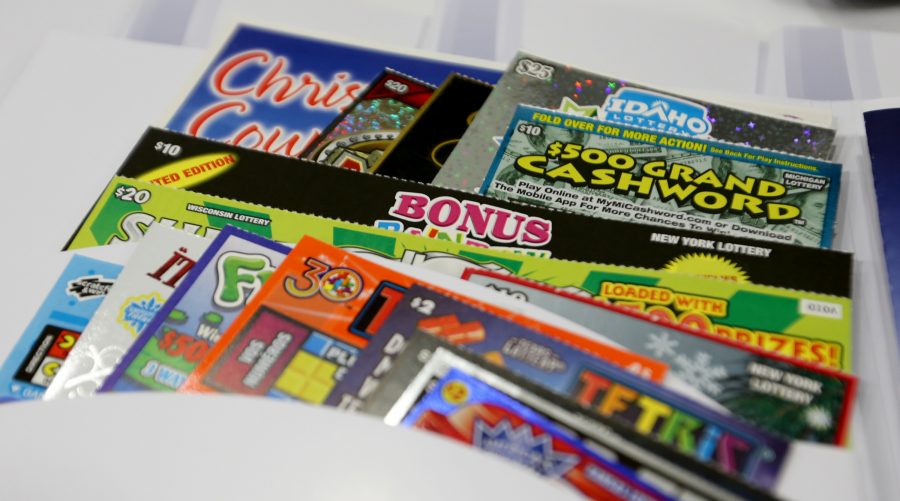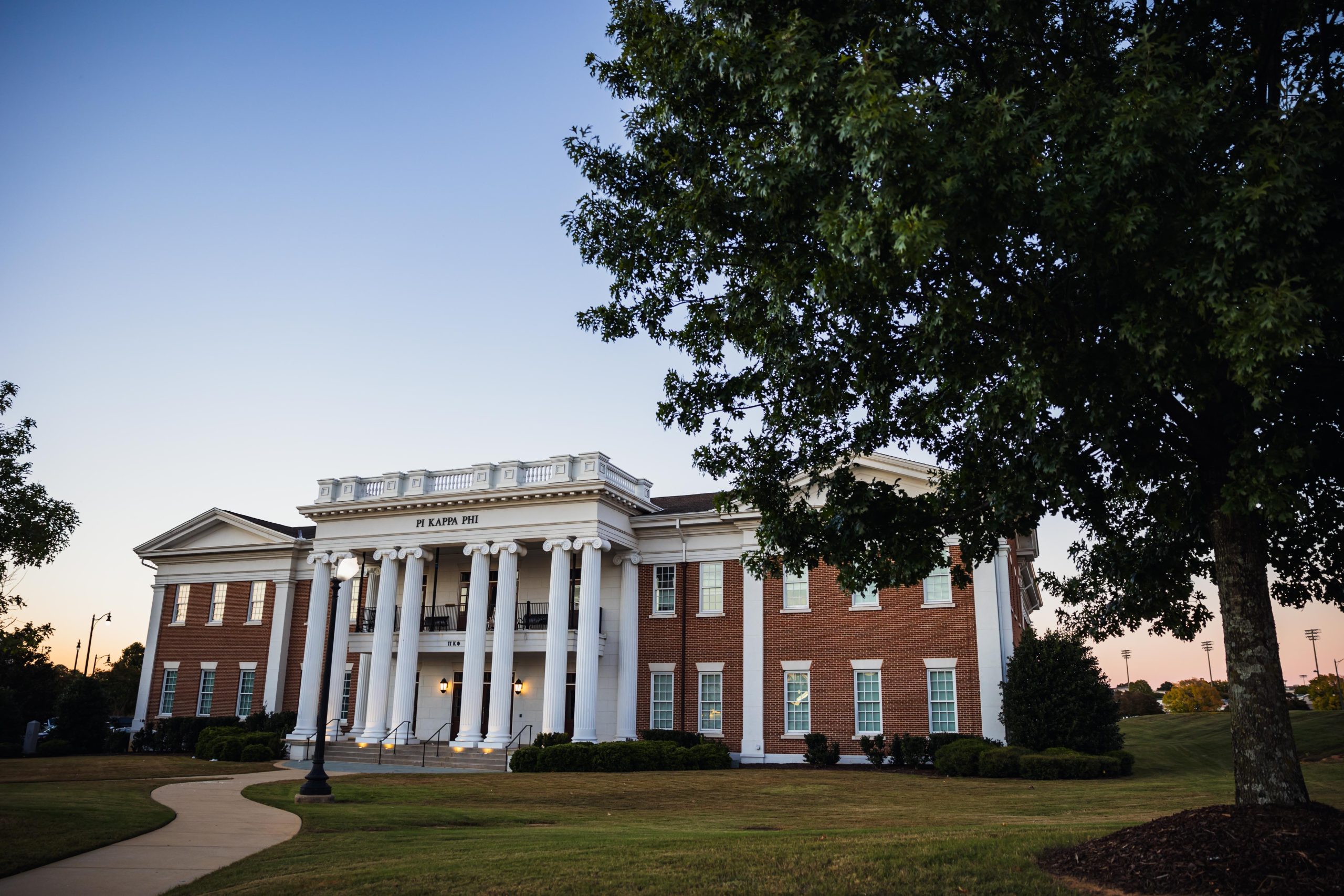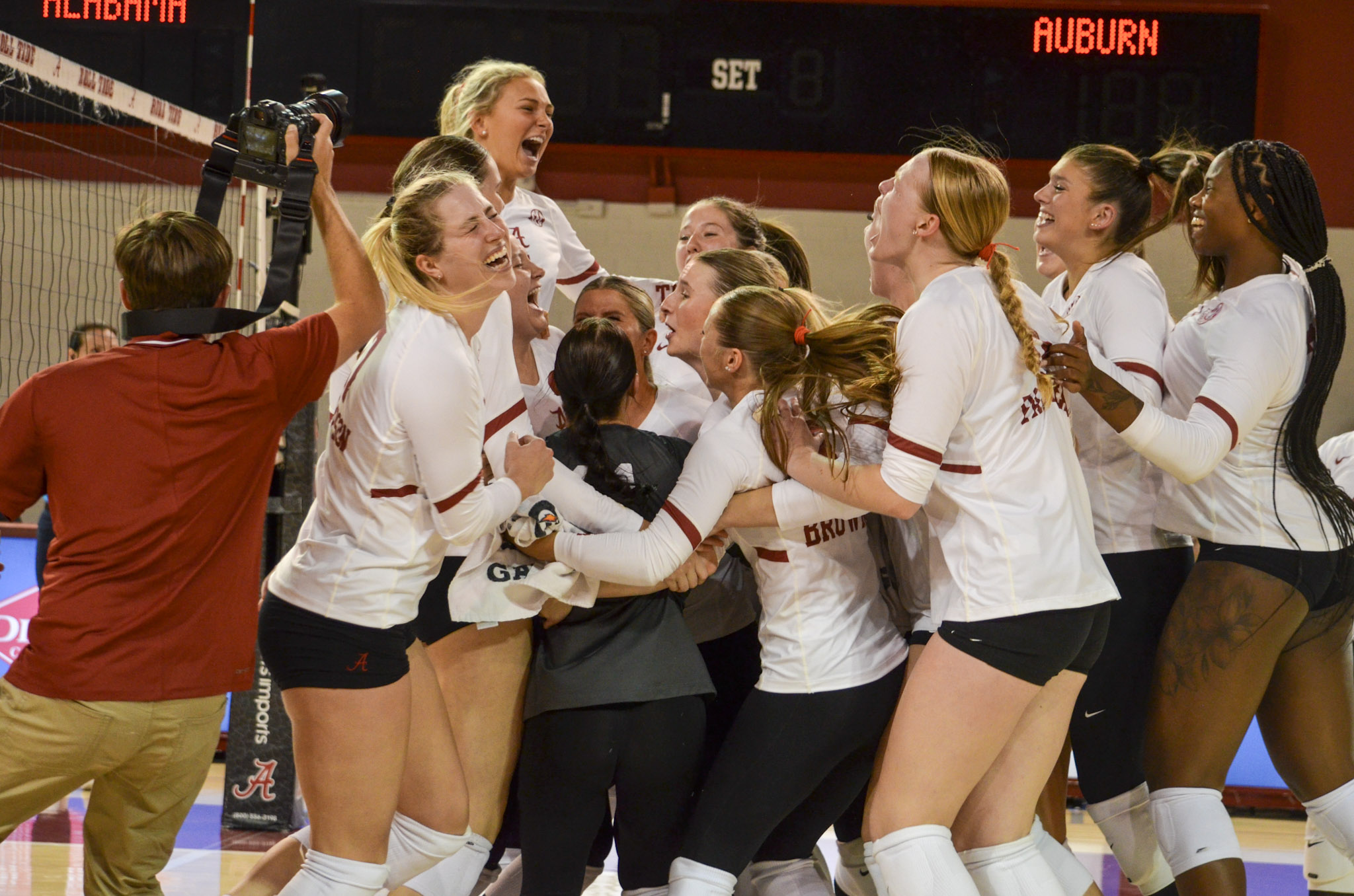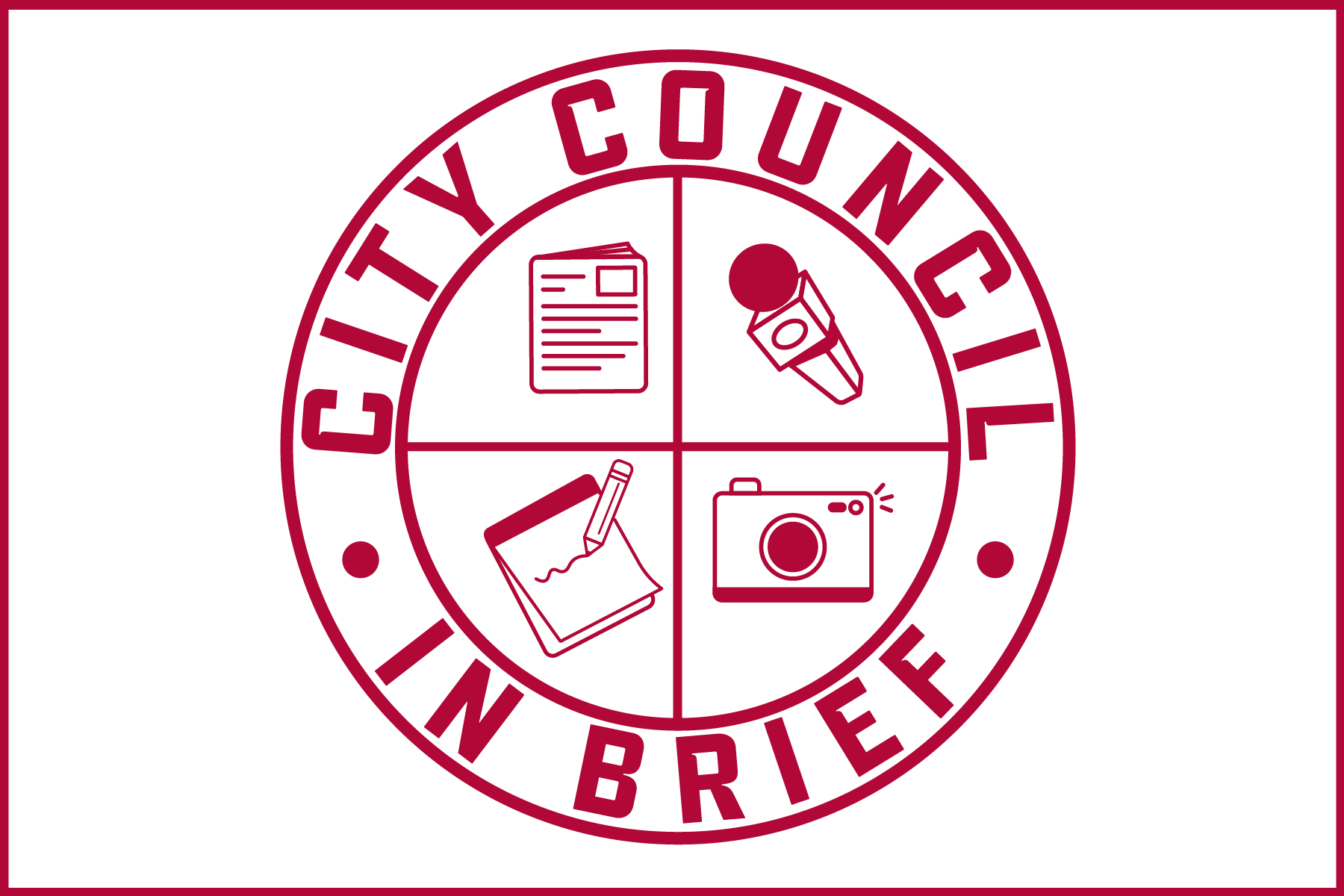Scratch-offs for schools: What a state lottery could do for Alabama
February 6, 2020
Alabama legislators have toyed with the idea of a legalized lottery since the state’s constitution outlawed it in 1901. Ever since, legislation has been proposed and disposed with the fear that it would do more harm than good for the people of Alabama.
On Jan. 28, Tuscaloosa Mayor Walt Maddox quoted a tweet containing a story from Tuscaloosa News concerning the future of the lottery in the state of Alabama. The headline, which reads, “Lottery plan would fund college scholarships, pre-K,” prompted Maddox to add “Not a bad idea…”
In fact, this was a key part of Maddox’s platform when he ran for governor of Alabama in 2018 as the Democratic nominee. Kay Ivey, who was then elected, denounced the state’s need for a lottery after Mississippi joined another 44 states in selling scratch-off tickets back in late-2018.
“Just because another state does something, does that mean we just need to jump in there and do it, too?” Ivey said in an interview with Capitol Journal’s Don Dailey in August of 2018.
Alabama, Alaska, Hawaii, Nevada and Utah remain the only states without a lottery.
While extra funding to educational departments seems like a no-brainer, this is not always the case. When Florida voted to legalize the lottery in 1986, voters were under the impression that these funds would be an addition to the preexisting state finances allocated to public education. Instead, the state replaced one with the other.
It is too early to tell what the case may be for Alabama, but that does not mean it is too early to explore the potential consequences of a lottery system.
Dr. Tricia Witte, a professor in the UA Department of Human Development and Family Studies, teaches courses that touch upon the severity of gambling addiction.
“Gambling Disorder is an actual diagnosis in the ICD-10 and the DSM5 [which are the large manuals that physicians and counselors use to diagnose patients],” Witte said, noting that the disorder resembles drug and alcohol addiction in many ways. “The symptoms of Gambling Disorder are almost identical to the symptoms for Substance Use Disorders, such as preoccupation with gambling, jeopardizing significant relationships or job/education opportunities because of persistent gambling, unsuccessful efforts to cut back and needing to gamble with increasing amounts of money to achieve the desired thrill.”
Not only are the behavioral tendencies of Gambling Disorder concerning, but the treatment is not to be undermined, Witte said.
“Gambling Disorder is most often treated through medication, therapy and self-help groups in the same way that substance use disorders are treated,” Witte said. “In fact, one medication used to treat Alcohol Use Disorder and Opioid Use Disorder [called naltrexone] can also treat Gambling Disorder. In addition, Gamblers Anonymous is a self-help group modeled after Alcoholics Anonymous.”
What may seem like an innocent scratch-off or two could one day turn into an epidemic that would pose a new problem for the state to tackle, some opponents argue. However, it seems like this trade-off has already been considered by policymakers, as some funds raised by the lottery would go right back into treating gambling addictions.
According to the Tuscaloosa News article, “One-quarter of 1% of proceeds — about $418,000 — would go toward programs to help compulsive gamblers.”
While this may be enough for some to look past the potential damages, members of the Alabama Policy Institute, a conservative think tank, have come forward to express their views on a state lottery.
“Any source of revenue that preys on the poor and vulnerable to be successful is wrong,” the group said in a statement released in April of last year. “A lottery is more than just a personal vice that affects the individual who chooses to do it; it is an economic injustice that Alabamians of all political leanings should oppose.”
Jack Mulkerne, a freshman majoring in news media, tends to agree.
“Don’t legalize it,” Mulkerne said. “How a state lottery usually works is that the poorest areas spend the most while receiving the least amount of the money, and it’s not as much going to schools as people really think.”
Arleene Breaux of UA’s Department of Educational Leadership, Policy, and Technology Studies has studied the effects of the state lottery before, and has seen where popular public opinions come from. Specifically, the belief that the lottery takes advantage of the poor, as Mulkerne suggested. Critics have gone as far as to call the lottery system a sort of sneaky tax, due to the low payout of the games.
“One argument is that there is no opportunity for taxation if one does not play the lottery,” Breaux said.
Simply put: if you don’t like it, don’t play it.
“The counter argument says that those that engage in the lottery most are least likely to benefit from it. Research shows that residents of lower-income areas of a state generally engage in lottery play more often, but lottery revenues are distributed to eligible students no matter where they reside within a state.”
Here, Breaux is referring to the individual gain that some students may reap from a lottery, where money is awarded to people instead of institutions.
“The states that I have been involved with have allocated the funds directly to students, not education departments,” Breaux said. “Explaining that the dollars are not paid directly to an institution has, in my personal experience has been the most difficult misperception by the public once a lottery is put in place. Individuals hear those large revenue numbers generated and they think the dollars go straight to higher education institutions when they go to students. I have not seen Alabama’s bill to know how the Alabama legislature plans to construct its lottery.”
The risks of a state lottery are known, but like Dakota Cox, a sophomore majoring in business management, some realize that heading into the lottery with these risks in mind could limit their potential effects.
“They should legalize the lottery and then proportionally put the money in the right places,” Cox said. “The reasons that lotteries fail is because they either get corrupt or mismanaged. So if we’re just talking hypothetically, don’t let it get mismanaged. Either way, you could use that tax money on something else to help people. And if you don’t trust your legislators to properly do their job, vote for legislators who can. I realize that in real life people [mess] stuff up and it doesn’t work like it’s planned. I just believe that if you’re making plans, you’ve gotta aim for what would happen if it worked perfectly.”
Caroline Doughty, a junior majoring in geology, is an Alabama resident who has seen the support for a state lottery firsthand.
“I’ve lived in Alabama all my life, and although I don’t know very much about government and politics, I don’t recall ever meeting an Alabama resident that was against the lottery,” Doughty said. “I grew up being told by pretty much every adult in my life that a lottery would help our education systems and should be legal.”










